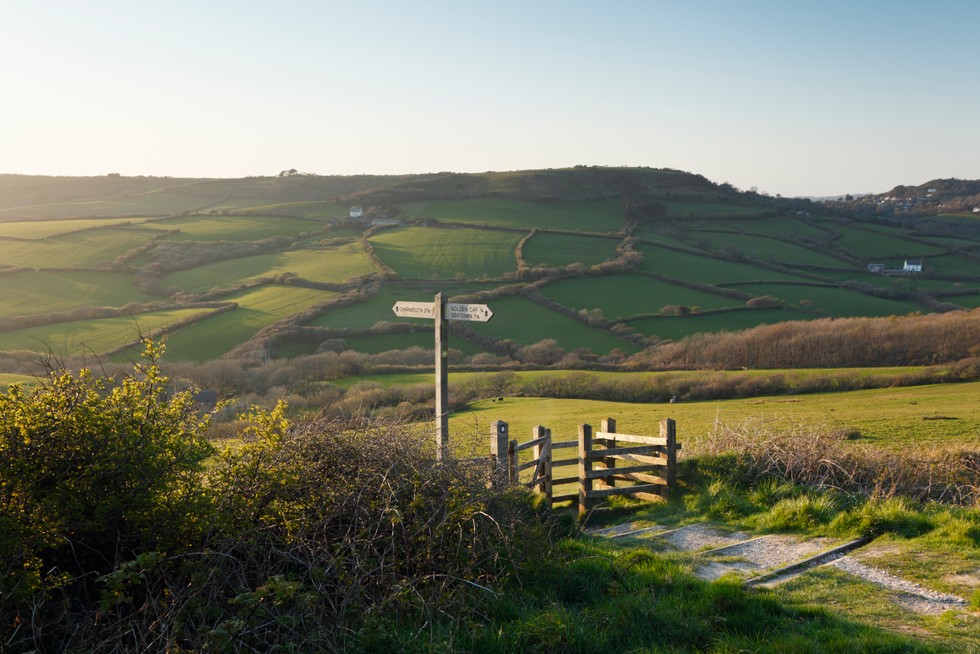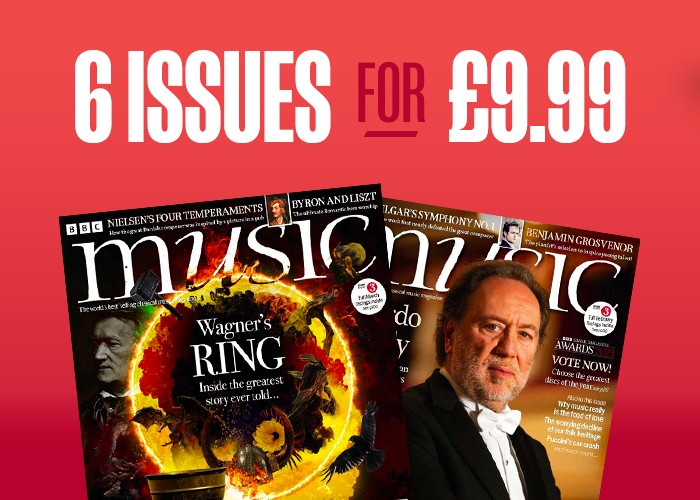Best pastoral music: 5 works inspired by the countryside
Jeremy Pound explores the best pieces of music inspired by the fields, hedgerows, woods, rivers and more

What is pastoral music?
Derived from the Latin word ‘pastor’ – meaning ‘shepherd’ – pastoral music is, in short, that which depicts and celebrates the countryside. Ever since Roman times – not least when, through the poems of Virgil and Horace, the emperor Augustus urged his people to get off their backsides and head to the great outdoors – pastoral themes have been a constant in literature, art and, of course, music.
Sometimes, composers have portrayed specific sounds of the countryside – weather, for instance, or birdsong – while on others they have gone for a more generic depiction of the countryside and the emotions it inspires. Here are five of the finest examples…
Best pastoral music
Handel Acis and Galatea (1718)
Composed for the entertainment of the ultra-wealthy Earl of Carnarvon and his guests at his out-of-town estate, Handel’s ‘pastoral opera’ Acis and Galatea is based on a tale told in Ovid’s Metamorphoses. Acis, a shepherd, is in love with the nymph Galatea but, alas for him, so is the fearsome cyclops, which puts something of a spanner into the works.
Despite this, much of the work has a fresh, feel-good air, with the opening chorus ‘Oh, the pleasure of the plain’ and the Galatea’s following recitative, ‘Ye verdant plains and woody mountains’ setting the tone for what is to come.
Recommended recording: Crowe / Curnyn
Beethoven ‘Pastoral’ Symphony No. 6 (1808)
When the Vienna audience heard the first ever performance of Beethoven’s ‘Pastoral’ Sixth Symphony during a bitterly cold four-hour concert on 22 December 1808, Beethoven's depiction of the sunnier months and the joys of the countryside must have felt a world away.
Unusually for him, the German composer gave each of the five movements of the symphony a written description to explain what is going on in the music: ‘Awakening of cheerful feelings on arrival in the countryside’, ‘Scene by the brook’, ‘Merry gathering of country folk’, ‘Thunder, Storm’ and ‘Shepherd's song. Cheerful and thankful feelings after the storm’. He scarcely needed to add those descriptions, however, as a combination of his genius and our imagination does the work for us.
More like this
Recommended recording: Minnesota Orchestra / Osmo Vänskä
Berlioz Symphonie Fantastique (1830)
Like Beethoven’s ‘Pastoral’, Berlioz’s groundbreaking Symphonie Fantastique is in five movements, each of which comes with a title to tell you what’s happening. Among various opium-addled visions on either side, the central movement takes us into a ‘Scene in the Fields’.
As we wander dreamily around the hills, we hear a dialogue between two shepherds, as portrayed by the oboe and flute. All really rather atmospheric. Towards the end of the end of the movement, however, things start to get dark – is that the rumble of thunder we can hear? It is indeed.
Recommended recording: Royal Concertgebouw / Mariss Jansons
Spohr Symphony No. 9, ‘The Seasons’ (1850)
The German composer Louis Spohr (1784-1859), who deserves to be much better known, came up with the idea for his ‘The Seasons’ Symphony while lying in bed after slipping over on the ice and suffering from concussion. With one season per movement, we are treated to various sounds of the countryside, including the chirruping of birds at the beginning of ‘Spring’, the second movement.
Like both Beethoven’s Pastoral Symphony and Berlioz’s Symphonie Fantastique, we also get a few rumbles of thunder in ‘Summer’ before a rowdy post-harvest drinking song rounds off ‘Autumn’.
Recommended recording: Orchestra della Svizzera Italiana /Howard Shelley
Robert Schumann Waldszenen (1849)
For an excellent example of pastoral music written for solo piano, go for Waldszenen, Robert Schumann’s set of nine short pieces for piano – the title means ‘Forest scenes’. As we wander among the trees, the German composer serenades us with all manner of woodland sounds, ranging from the ‘Hunters on the lookout’ to the atmospheric song of ‘The Prophet Bird’.
If ‘Haunted Place’ may put us on edge, we soon find a more comforting place in ‘Friendly Landscape’ and then ‘The Inn’ – Schumann’s pub is more cosy, less boisterous than Spohr’s. And as we reach the end of the end of the set, familiar faces return as we hear the ‘Hunting Song’.
Recommended recording: Marc-Andre Hamelin
Authors

Jeremy Pound is currently BBC Music Magazine’s Deputy Editor, a role he has held since 2004. Before that, he was the features editor of Classic CD magazine, and has written for a colourful array of publications ranging from Music Teacher to History Revealed, Total Football and Environment Action; in 2018, he edited and co-wrote The King’s Singers: Gold 50th anniversary book.




